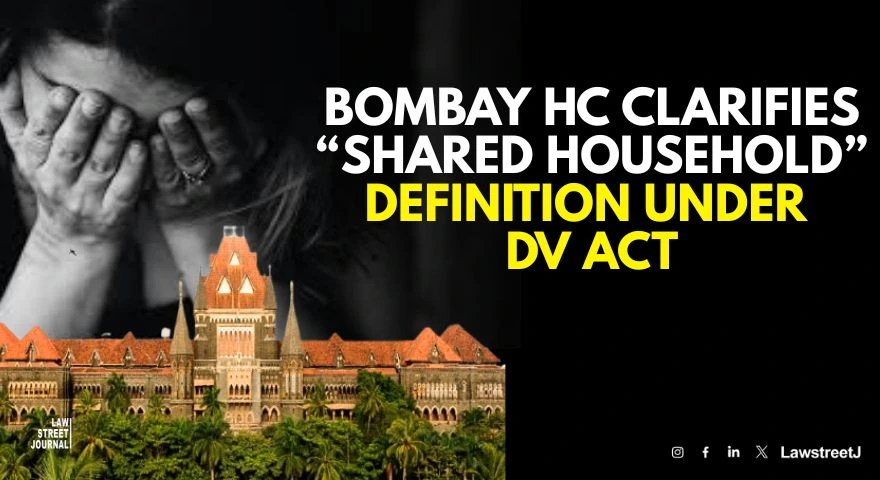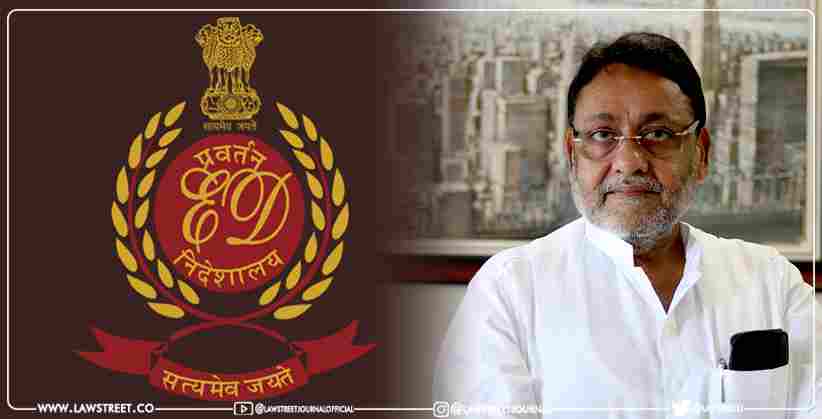Mumbai: The Bombay High Court has delivered a significant judgment clarifying the definition of “shared household” under the Protection of Women from Domestic Violence Act, 2005, ruling that properties still under construction cannot compel payment obligations from spouses.
The court addressed Writ Petition No. 424 of 2025, filed by Srinwati Mukherji, seeking directions to her husband to pay the remaining installments for a flat booked jointly but still under construction. The court noted, “The Petitioner by this petition is seeking directions to Respondent No. 2 – husband to pay the remaining two installments for the ‘shared household’, or such other amount as is payable to the developer towards the balance consideration.”
Justice Manjusha Deshpande made crucial observations on the scope and limitations of relief available under Section 19 of the DV Act, particularly regarding properties not yet in possession of either party.
Addressing the specific definition of “shared household” under Section 2(s) of the DV Act, the court observed, “Both the courts have refused to entertain the prayer made by the petitioner on the ground that such prayer cannot be granted since the flat, i.e., the ‘shared household’, is only booked and not in possession of either of the parties. Therefore, it cannot be considered a ‘shared household’.”
The court highlighted the factual background, stating, “The petitioner, who was residing in Kolkata, married Respondent No. 2 on 11.05.2013. After her marriage, she shifted to Maharashtra and started residing at Thane along with Respondent No. 2 in a rented premises. According to her, she was subjected to physical and emotional domestic violence by Respondent No. 2.”
Regarding the property in question, the court noted, “As a gesture of commitment, Respondent No. 2 had executed a registered ‘Agreement for Sale’ for Flat No. 5704, admeasuring 1029 sq. ft. carpet area, situated at Tower 3, Auris Serenity, Guriya Pada, Malad West, Mumbai. The total consideration for the flat was ₹3,52,00,000/-.”
In a critical observation about the nature of a “shared household,” the court stated, “The right of the aggrieved person is essentially based on the right to live in a household which is in existence. The protection provided under Section 19 of the DV Act is a protection from being evicted from the ‘shared household’ in which the aggrieved person has a right to reside under the DV Act.”
The court emphasized several key legal principles, noting, “None of the parties are occupying the said premises; they have never resided in that flat/house, nor do they intend to live there — more so in light of the fact that the respondent has already initiated divorce proceedings against the petitioner in 2020.”
Regarding the scope of the DV Act, the court observed, “The Protection of Women from Domestic Violence Act, 2005, is a social welfare legislation intended to provide protection to victims of domestic violence and abuse occurring within the family. The provisions ensure that victims are provided financial relief, as well as protection from being ousted from their ‘shared household’ where they are residing.”
The court also addressed the limitations of relief under Section 19, stating, “The kind of relief claimed by the petitioner unfortunately does not fit under any of the reliefs provided under Section 19 of the DV Act.”
In its final directive, the court stated, “The prayer made by the petitioner would not be maintainable since the property/flat is still under construction and not in possession of either party. Therefore, it would not fall within the purview of ‘shared household’ as defined under Section 2(s) of the DV Act.”
The court further emphasized, “In the circumstances, it would be stretching it too far to direct the respondent to pay the remaining installments or direct the employer to deduct the installments from his salary and pay it to the bank.”
Mr. Archit Jaykar, along with Ms. Bhoomi Upadhyay, Advocates, appeared as counsel for the petitioner; Mrs. Dhanlakshmi S. Krishnaiyar appeared as APP for the State; and Mr. Raghavendra S. Mehrotra, along with Mr. Irfan Shaikh, Advocates, appeared for the respondents.
Case Title: Srinwati Mukherji v. State of Maharashtra and Anr.




![Husband Can Also Claim Alimony/Maintenance From Wife: Bombay High Court Orders Woman To Pay Alimony To Ex-Husband [Read Order]](/secure/uploads/2022/04/lj_2823_Divorce.jpg)






